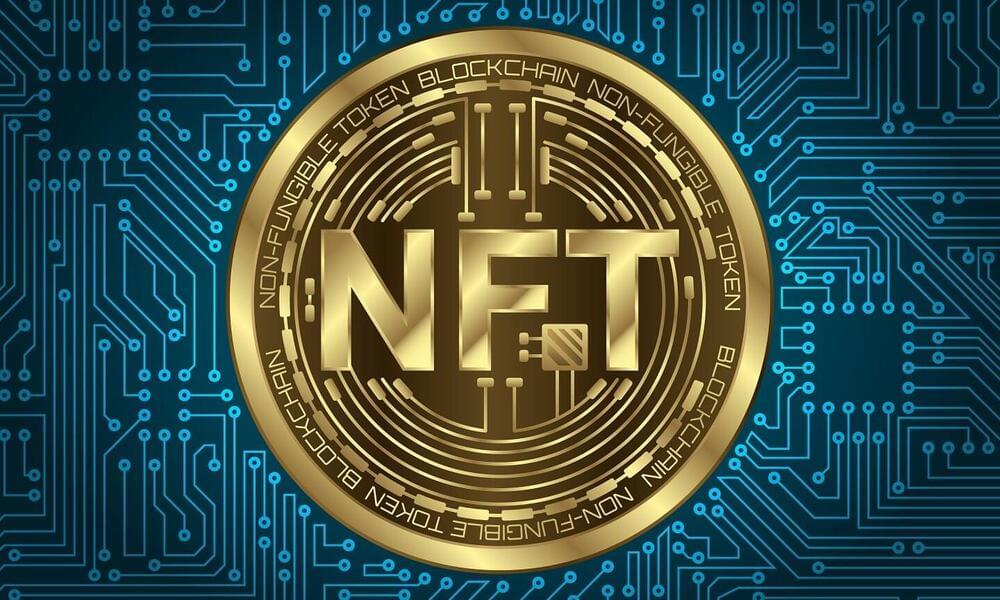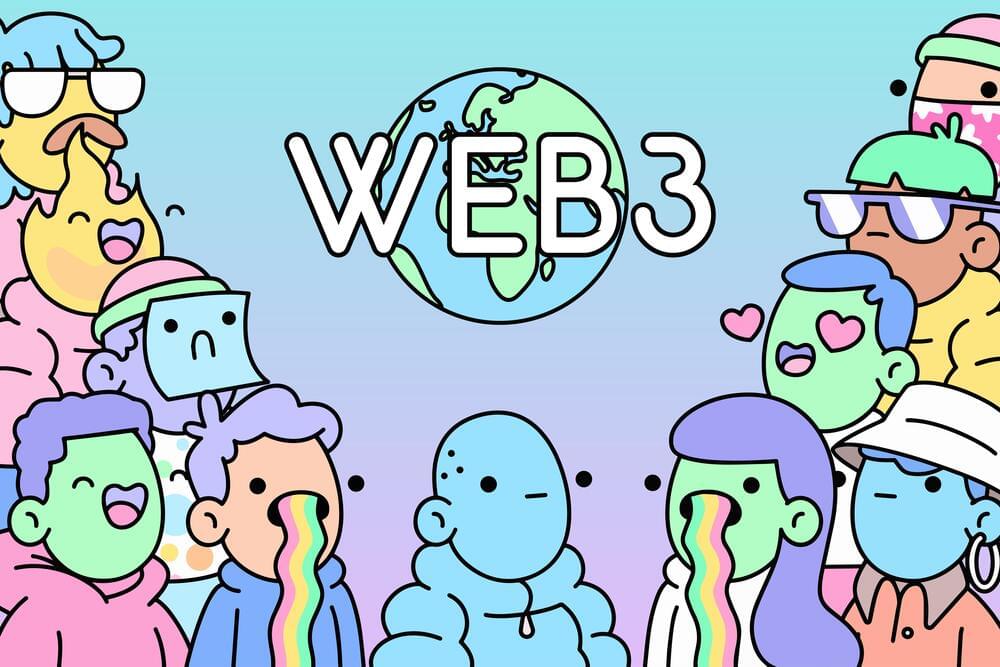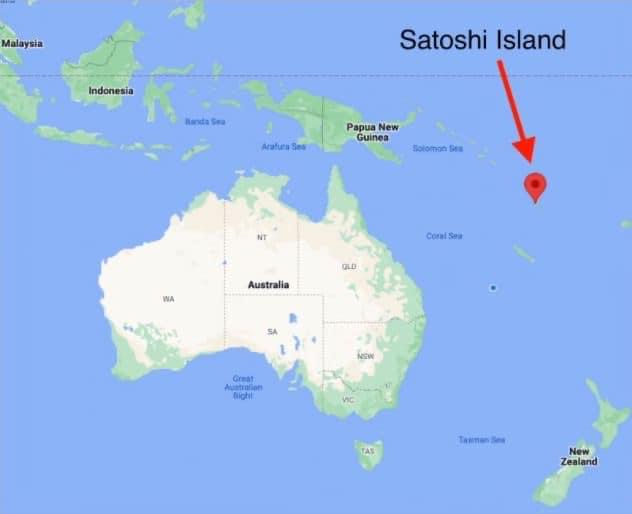What follows is one of the most fascinating and eye-opening conversations I’ve had about crypto. We cover America’s casino mindset, the echoes of the financial crisis she’s sensing right now, how to regulate crypto, and how to innovate without exploiting others. Allen offers a lacerating but level-headed criticism of the space that is well worth your time.
Charlie Warzel: Your essay is about DeFi, or decentralized finance. Like a lot of terminology in the crypto space, DeFi is pretty broad and vague but also very much accepted in the lexicon. How do you define it?
Hilary J. Allen: Like any evolving space, the terminology is hard to pin down. People inside the crypto world have different definitions for DeFi and would probably argue with mine. But the way I think of DeFi is as a way to describe any analogue of traditional financial-service transactions—loans, deposits, etc.—that are provided using technological tools like the blockchain or facilitated through smart contracts or stablecoins. The technology is what is different, but the financial transactions are very much similar to traditional finance.









